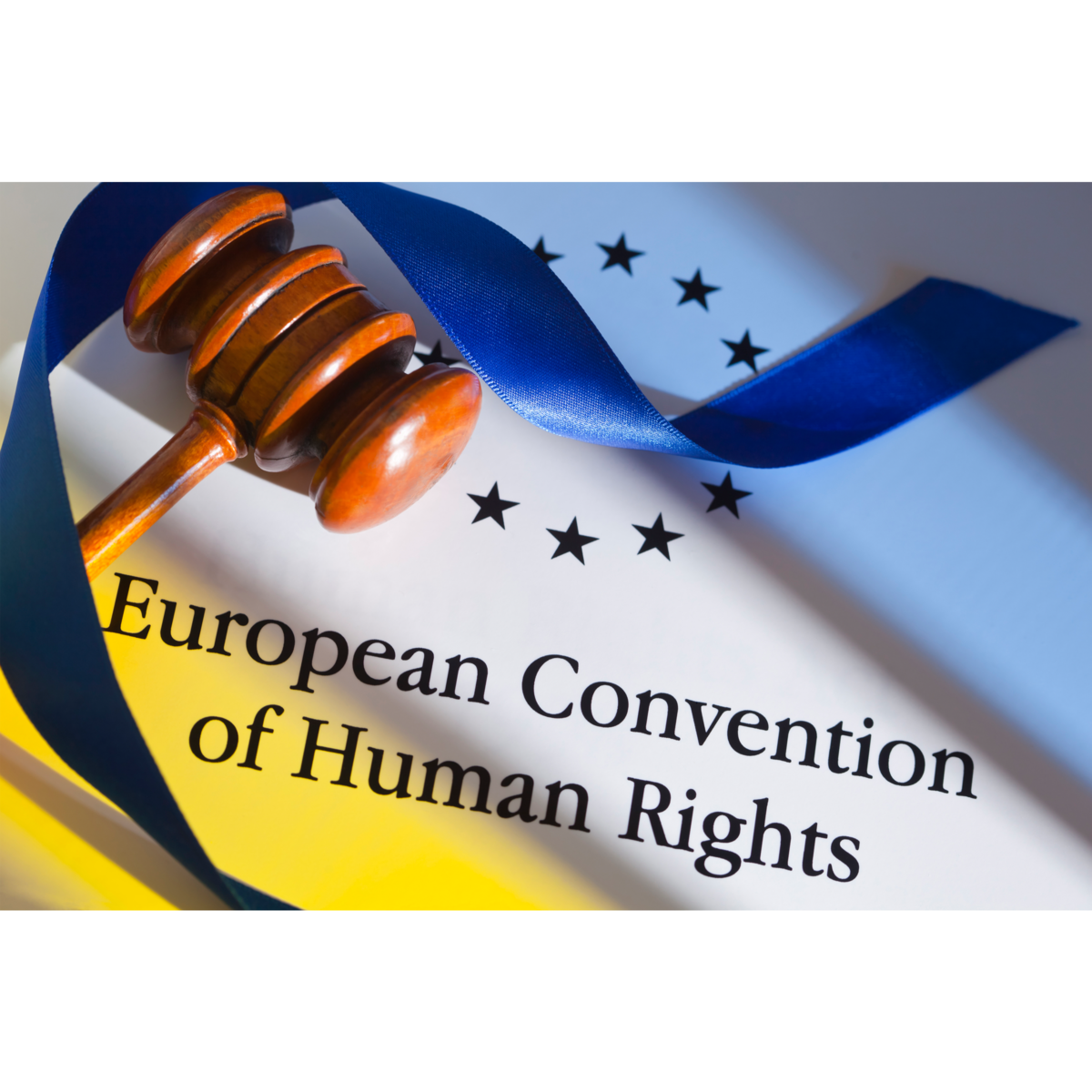
Human rights are under pressure in many places across the globe. Peaceful protests are violently quashed. Voting is tampered with. And minorities are often excluded from decision-making. All of this threatens the ideal of an open society in which each of us can be free and participate equally. A solid protection of human rights is needed for an open society to exist and to flourish. But it is often an uphill battle to work towards that ideal. Equip yourself and learn more about what human rights are and how they work.
Read more
Human rights are under pressure in many places across the globe. Peaceful protests are violently quashed. Voting is tampered with. And minorities are often excluded from decision-making. All of this threatens the ideal of an open society in which each of us can be free and participate equally. A solid protection of human rights is needed for an open society to exist and to flourish. But it is often an uphill battle to work towards that ideal. Equip yourself and learn more about what human rights are and how they work.
Human rights are under pressure in many places across the globe. Peaceful protests are violently quashed. Voting is tampered with. And minorities are often excluded from decision-making. All of this threatens the ideal of an open society in which each of us can be free and participate equally. A solid protection of human rights is needed for an open society to exist and to flourish. But it is often an uphill battle to work towards that ideal. Equip yourself and learn more about what human rights are and how they work.
In this course, we will introduce you to one of the world’s most intricate human rights systems: the European Convention on Human Rights. You will see when and how people can turn to the European Court of Human Rights to complain about human rights violations. You will learn how the Court tries to solve many of the difficult human rights dilemmas of today. We will look, amongst other things, at the freedom of expression and demonstration, the right to vote, and the prohibition of discrimination. And we will address the rights of migrants, refugees, and other vulnerable groups. And, of course, we will see whether it is possible to restrict rights and if so under what conditions. You will even encounter watchdogs and ice cream in this course. We invite you to follow us on a journey of discovery into the European Convention!
What's inside
Syllabus
Introduction to the ECHR
The protection of human rights is closely linked to the idea of open societies. In an open society, people enjoy freedom and they are to a large extent free to live their lives as they wish. This week, we explore the idea of open societies and see how it relates to the protection of human rights. We also introduce you to the European Convention on Human Rights. This document forms the foundation for one of the world’s most intricate international human rights systems. Finally, you learn about the background and history of the Convention, the rights that are protected therein and the procedure which individuals can use to lodge a complaint with the European Court of Human Rights.
Read more
Syllabus
Good to know
Save this course
Reviews summary
Highly rated human rights course
Activities
Review Basic Legal Concepts
Show steps
Reviewing basic legal concepts will give you a stronger foundation for understanding the complexities of human rights law.
Browse courses on
Legal Terminology
Show steps
-
Revisit definitions of key legal terms, such as 'rights', 'obligations', and 'jurisdiction'.
-
Review the basic principles of tort law, contract law, and criminal law.
-
Read articles or blog posts about current legal issues to refresh your understanding of the legal landscape.
Show all one activities
Review Basic Legal Concepts
Show steps
Reviewing basic legal concepts will give you a stronger foundation for understanding the complexities of human rights law.
Browse courses on
Legal Terminology
Show steps
- Revisit definitions of key legal terms, such as 'rights', 'obligations', and 'jurisdiction'.
- Review the basic principles of tort law, contract law, and criminal law.
- Read articles or blog posts about current legal issues to refresh your understanding of the legal landscape.
Career center
Social Worker
Nonprofit Manager
Lawyer
Journalist
Diplomat
Judge
Policy Advisor
Human Rights Lawyer
Activist
Government Relations Manager
International Development Worker
Human Rights Researcher
Prosecutor
Human Rights Educator
Public Defender
Reading list
Share
Similar courses
OpenCourser helps millions of learners each year. People visit us to learn workspace skills, ace their exams, and nurture their curiosity.
Our extensive catalog contains over 50,000 courses and twice as many books. Browse by search, by topic, or even by career interests. We'll match you to the right resources quickly.
Find this site helpful? Tell a friend about us.
We're supported by our community of learners. When you purchase or subscribe to courses and programs or purchase books, we may earn a commission from our partners.
Your purchases help us maintain our catalog and keep our servers humming without ads.
Thank you for supporting OpenCourser.


